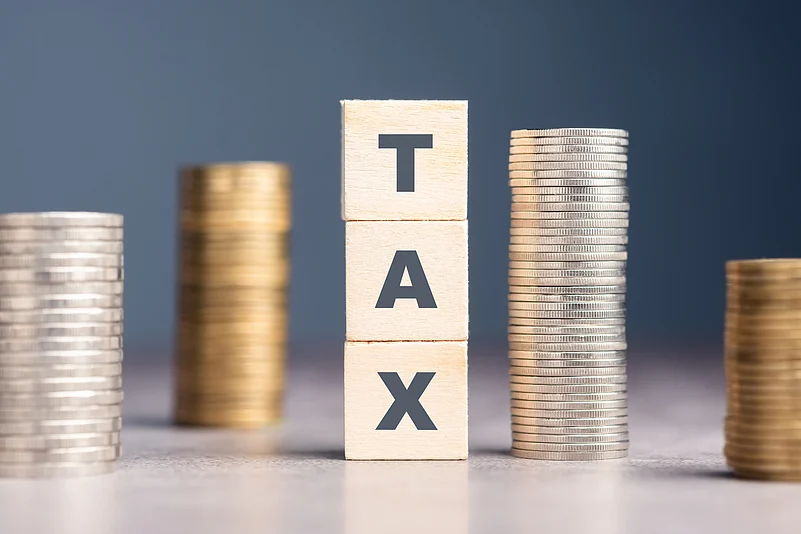Thanks to the growth of the internet and social media, blogging has shifted from a hobby to a profitable business opportunity. It enables individuals to connect with a global audience, showcase their expertise, and generate income through personal branding, affiliate marketing, sponsored content, and advertising. However, as blogging becomes more popular and lucrative, bloggers must also manage their tax obligations.
Under Indian tax law, bloggers are generally classified as self-employed individuals or sole proprietors, requiring them to pay income tax on earnings from their blogging activities. Although there is no specific tax provision for bloggers, their income is typically categorized as “Income from Business or Profession” if blogging is a full-time activity. In this case, after deducting expenses related to the activity, the net income is taxed according to the applicable income tax slabs.
How Bloggers Can Save On Their Earnings:
“For bloggers, it would be important to understand tax obligations, maintain accurate records of earnings and related expenses, and leverage eligible deductions to optimize the tax liability. Whether earning from ads, affiliate marketing, or product sales, staying compliant with tax laws is essential,” says Suresh Surana, a Mumbai-based chartered accountant.
As a self-employed individual, they can claim various deductions to reduce taxable income, including:
-Bloggers can deduct costs such as website hosting, domain registration, graphic design software, camera equipment, internet charges, and office supplies.
-Bloggers can claim depreciation on assets like computers and cameras used for content creation, according to the rates set by the Income Tax Department.
-Bloggers attending blogging-related events (e.g., conferences, and press trips) can deduct travel expenses like airfare, hotel accommodations, and meals.
-Deductions are available for contributions to retirement schemes such as the Public Provident Fund (PPF) or National Pension Scheme (NPS) under Sections 80C and 80CCD. Additionally, investing in tax-saving instruments like National Savings Certificates (NSC), ELSS Mutual Funds, or 5-year fixed deposits can provide deductions under Section 80C.
“These deductions help reduce the total taxable income, leading to lower tax liabilities. It is notable that in case the bloggers opt for the New (default) tax regime, then no deductions (such as 80C, 80D, 80G, etc) can be claimed. Further, as blogging income falls under "Income from Business or Profession", bloggers opting for the new default tax regime should note that once chosen, they cannot switch back to the old regime in subsequent years if they have business income,” adds Surana.










